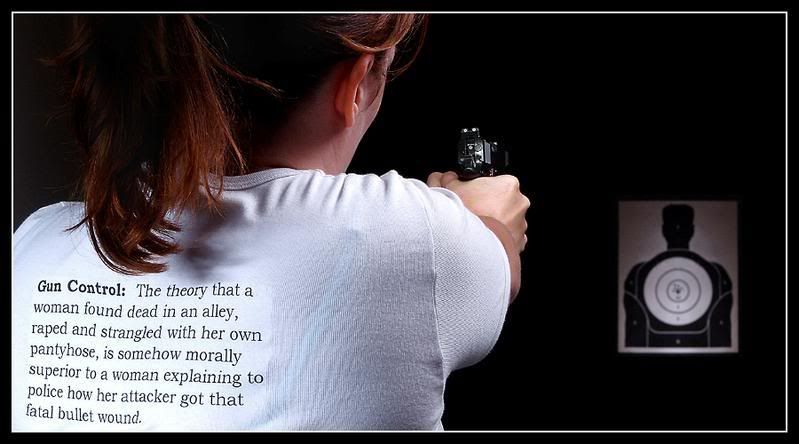Dismantler
New member
I tend to agree with Blue Steel on one thing. If you shot the intruder, tell the 911 operator that you shot him. The police are going to come to your home. They will find your fired gun. They can give you a paraffin test to find powder residue on your hand. I mean, it's not like the gun came off of the night stand and shot the guy by itself. 
After that I would say, "Here's the bad guy. Here's my gun (pointing to it). I will cooperate with the investigation fully as soon as I talk to my attorney. Please do not ask me any questions.
Guys and gals...I know two attorneys that do gun law, one specializes in it. They both advise all of their clients to remain silent. And as mentioned before, do not talk to a person sharing your cell.
The same would go for a shooting outside of the home.
After that I would say, "Here's the bad guy. Here's my gun (pointing to it). I will cooperate with the investigation fully as soon as I talk to my attorney. Please do not ask me any questions.
Guys and gals...I know two attorneys that do gun law, one specializes in it. They both advise all of their clients to remain silent. And as mentioned before, do not talk to a person sharing your cell.
The same would go for a shooting outside of the home.

